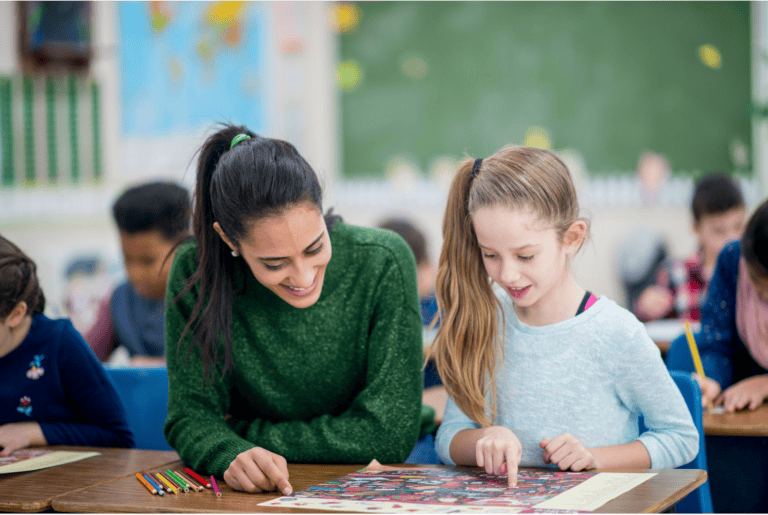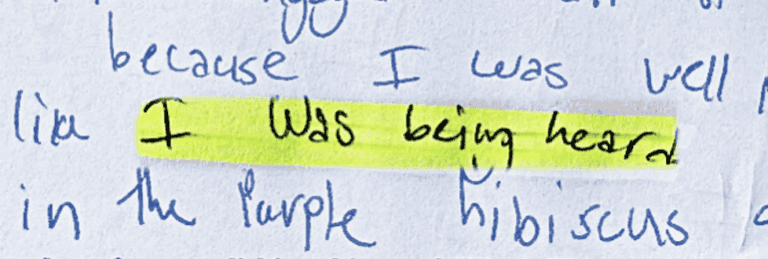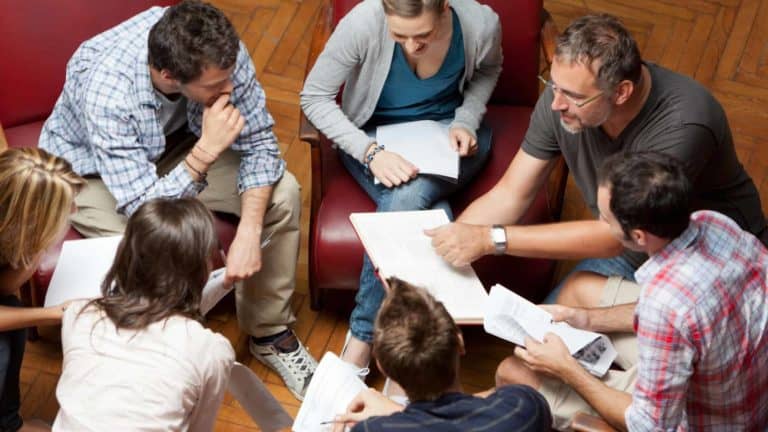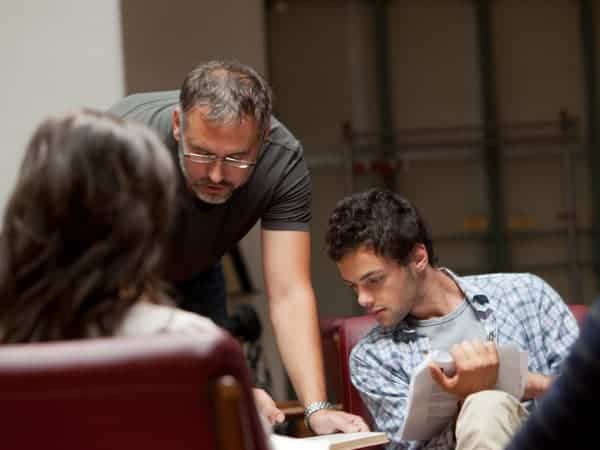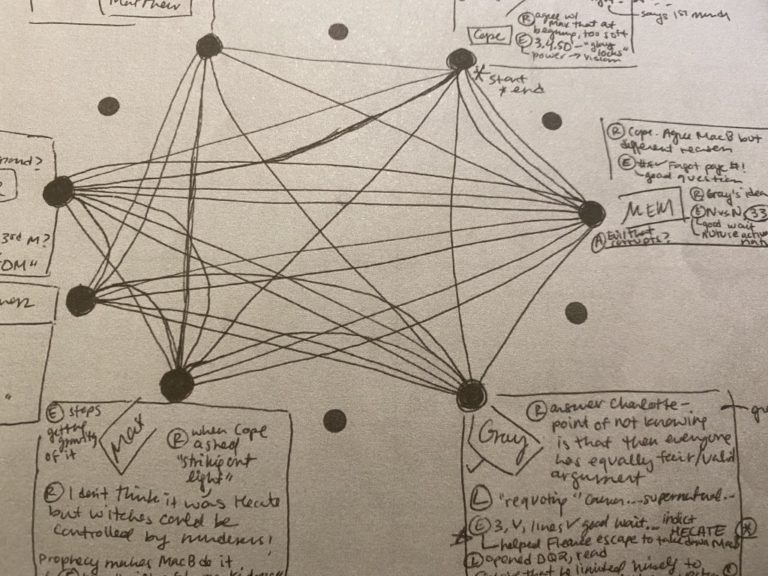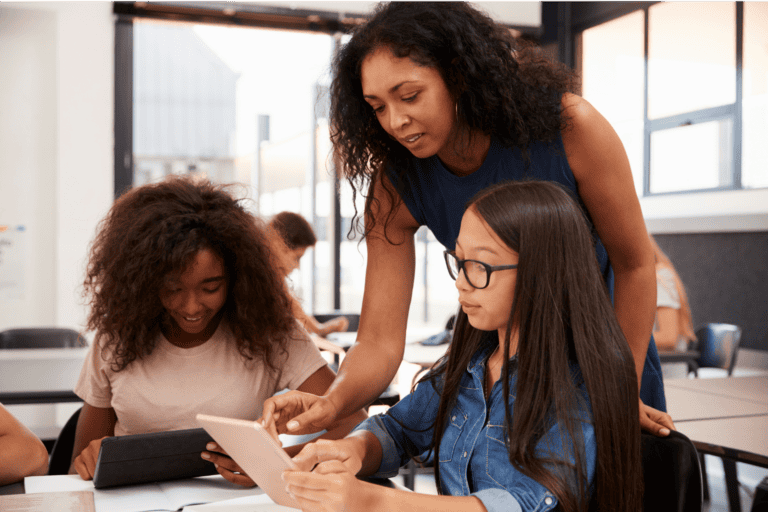REAL Teacher Feature: Helene Sughrue
Thank you to Helene Sughrue for sharing her REAL life with us! Helene is an English teacher at Tabor Academy in Marion, Massachusetts. Here are her thoughts on discussion, R.E.A.L.®, and learning. Hometown: Marion, MA Current City, School, Teaching Assignments: Marion, Tabor Academy, English 2, English 2 Honors, Advanced Topics: Rhetoric and Composition. Describe yourself…



